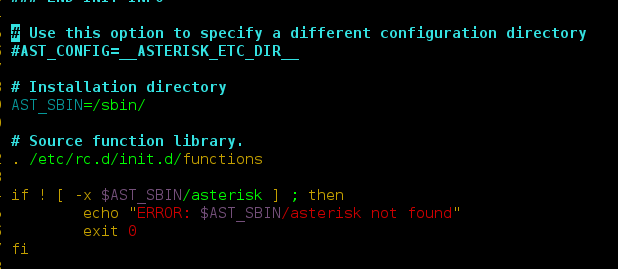The hasNextByte() method of java.util.Scanner class returns true if the next token in this scanner’s input can be assumed as a Byte value of the given radix. The scanner does not advance past any input. In case no radix is passed as a parameter, the function interprets the radix to be default radix and functions accordingly. Syntax:
public boolean hasNextByte(int radix)
or
public boolean hasNextByte()
Parameters: The function accepts a single parameter radix which is not a mandatory one. It specifies the radix used to interpret the token as a Byte value. Return Value: This function returns true if and only if this scanner’s next token is a valid Byte value in the default radix. Exceptions: The function throws IllegalStateException if this scanner is closed. Below programs illustrate the above function: Program 1:
Java
// Java program to illustrate the// hasNextByte() method of Scanner class in Java// with parameterimport java.util.*;public class GFG1 { public static void main(String[] argv) throws Exception { String s = "gfg 2 geeks!"; // new scanner with the // specified String Object Scanner scanner = new Scanner(s); // use US locale to interpret Bytes in a string scanner.useLocale(Locale.US); // iterate till end while (scanner.hasNext()) { // check if the scanner's // next token is a Byte with a radix 3 System.out.print("" + scanner.hasNextByte(3)); // print what is scanned System.out.print(" -> " + scanner.next() + "\n"); } // close the scanner scanner.close(); }} |
false -> gfg true -> 2 false -> geeks!
Program 2:
Java
// Java program to illustrate the// hasNextByte() method of Scanner class in Java// without parameterimport java.util.*;public class GFG1 { public static void main(String[] argv) throws Exception { String s = "gfg 2 geeks!"; // new scanner with the // specified String Object Scanner scanner = new Scanner(s); // use US locale to interpret Bytes in a string scanner.useLocale(Locale.US); // iterate till end while (scanner.hasNext()) { // check if the scanner's // next token is a Byte with the default radix System.out.print("" + scanner.hasNextByte()); // print what is scanned System.out.print(" -> " + scanner.next() + "\n"); } // close the scanner scanner.close(); }} |
false -> gfg true -> 2 false -> geeks!
Program 3: Program to demonstrate exception
Java
// Java program to illustrate the// hasNextByte() method of Scanner class in Java// Exception caseimport java.util.*;public class GFG1 { public static void main(String[] argv) throws Exception { try { String s = "gfg 2 geeks!"; // new scanner with the // specified String Object Scanner scanner = new Scanner(s); // use US locale to interpret Bytes in a string scanner.useLocale(Locale.US); scanner.close(); // iterate till end while (scanner.hasNext()) { // check if the scanner's // next token is a Byte with the default radix System.out.print("" + scanner.hasNextByte()); // print what is scanned System.out.print(" -> " + scanner.next() + "\n"); } // close the scanner scanner.close(); } catch (IllegalStateException e) { System.out.println("Exception: " + e); } }} |
Exception: java.lang.IllegalStateException: Scanner closed
Reference: https://docs.oracle.com/javase/7/docs/api/java/util/Scanner.html#hasNextByte()




